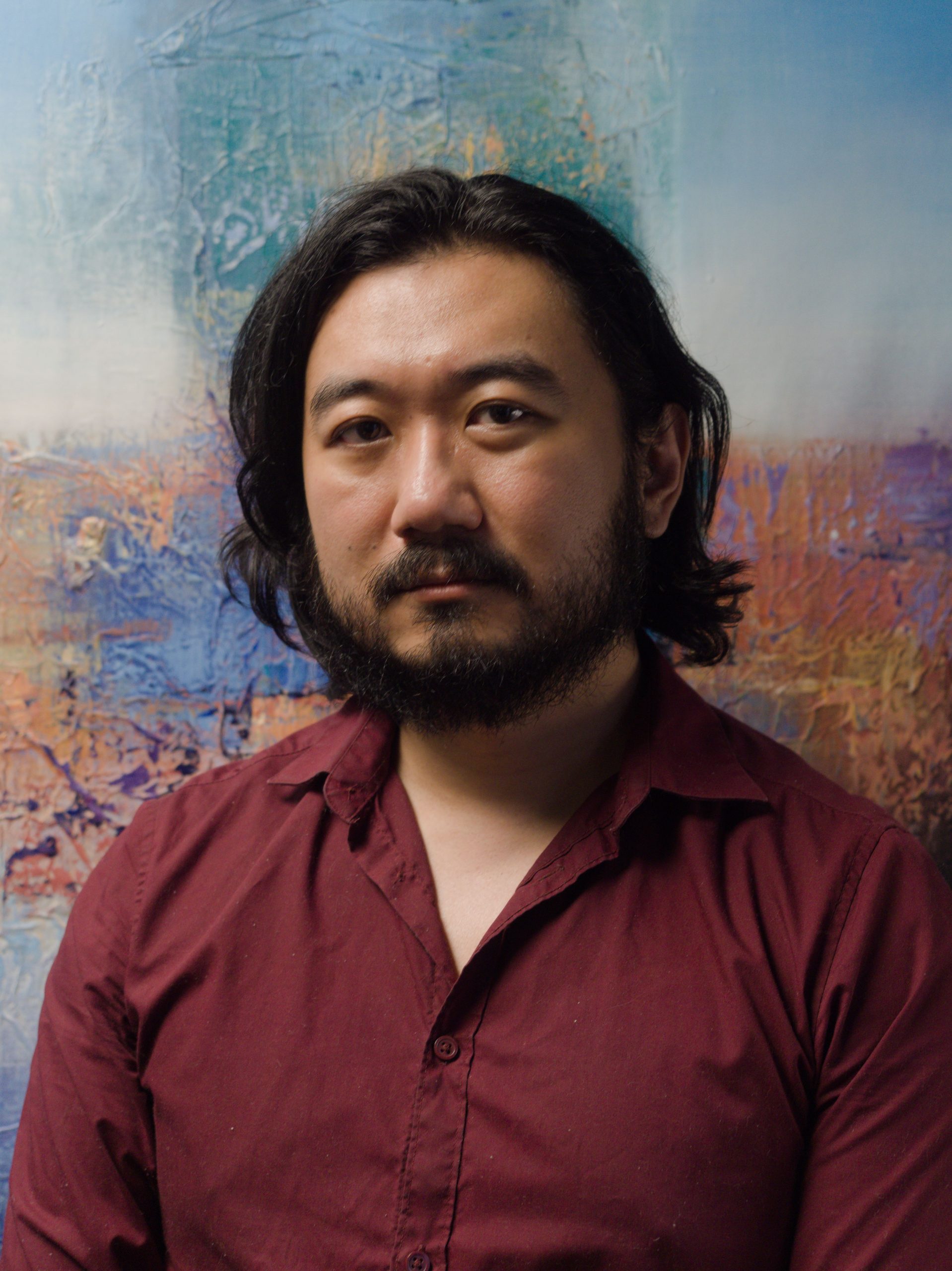The Covid-19 pandemic has normalized online video calling, which has made the world feel much smaller. In addition to our in-office clients in Toronto, we’ve been working with increasing numbers of clients across Canada, as well as Europe and the United States. At the time of writing, the pandemic is not over, but many of the restrictions have lifted.
We are now in the process of rebuilding our practice, which offers a chance to reflect upon the future. Earlier in the month, we updated our home page to include the claim that we on “a quest to become the best hypnosis centre on Earth.” This blog post explains why this ambition is not an empty boast.
To define what we mean by the best, we will use Robert Pirsig’s definition of quality, which is the external result of care (as a corollary, Pirsig defines care as the internal manifestation of quality). As a second externally visible metric, we consider rapid change (proportionate to the complexity of the case) to indicate high quality hypnotism, with longer programs indicating room for improvement or greater care.
When it comes to how to perform effective hypnosis, we find that our own clients are a better source of knowledge than published books or studies. The feedback loop, or flywheel effect, that we have created is this:
- Write a treatment plan consisting of perspectives for the client to internalize.
- Complete the recommended sessions, using the written plan as a roadmap.
- Collect feedback (incentivize critical feedback through a refund policy).
- Incorporate feedback into future treatment plans (go to #1).
This way, we can form hypotheses about what ideas could actually be helpful for the client to adopt as their own, and then put them to the test. Our work falls short of rigorous science—we consider ourselves to be philosophers rather than scientists—but this process generates much practical knowledge that we can trust. In the past two and a half years, we’ve written over 800 treatment plans and have implemented most of them, which is a larger sample size than the vast majority of published research on hypnotism. Naturally, our treatment plans have rapidly improved during this time.
My white whale (or holy grail) is the mythical one-session change, which will take many more years of work, thought and feedback before there’s even a possibility that it can be expected as a typical outcome. Depending on your perspective, it is either a fortunate or unfortunate reality that clients of hypnotherapy services expect rapid change. For example, five sessions (a typical getting-to-know-you period for a psychotherapist) feels like an unnecessary extravagance for many people seeking hypnosis. We make the effort to meet your expectations whenever we can, rather than to impose a minimum number of sessions, but we do want the difficulty of this endeavour to be recognized.
Today, one-session change is sometimes a pleasant surprise when all the conditions are right (high suggestibility, preparedness to change, lack of ongoing detrimental influences, etc.), but we do not set it as an expectation. For our smoking cessation cases, two-session change is typical, not at all optimistic, and the barrier to reducing this figure could be more physiological than mental. For other issues, our clients are typically recommended three to five sessions, which allows us to charge a reasonable session fee while also staying in business. (If we managed to produce one-session change on a regular basis, our fee would have to triple just to maintain the same income.)
At the same time that we have been privately hypnotizing our clients, we have also been sharing our best ideas about what we believe constitutes a helpful worldview for free, primarily through our YouTube and TikTok channels. This is an “open source” philosophy borrowed from the software industry, where you can have our best ideas for free, but our personal attention to help you internalize and implement our ideas comes at a cost. Our public communication is meant to be a starting point for discussion, rather than the definitive or final word, and we encourage you to challenge us when you disagree. In our view, knowledge is best gained through open discourse, as top-down communication does not produce more knowledge. We also believe that most people change their minds through dialogue and learning, which means that hypnosis is not actually necessary for change, even though it usually makes change faster.
In short, we plan to become the best hypnosis centre on Earth by generating original knowledge, worldviews and perspectives that dependably produce a higher quality of life for those who adopt them. Our methods cannot change the world by creating abundant renewable energy or inventing a new medication, but we are entirely capable of reducing the kind of human suffering that’s caused by beliefs that harm those who hold them. If you agree with our mission, please consider sharing our video content or becoming a client.

Luke founded The Morpheus Clinic for Hypnosis in 2006 after receiving an Honours Bachelor of Arts degree from the University of Toronto. His approach is client- and solution-focused, brief and humanistic. You can learn more about his life philosophy through the social media links below.
